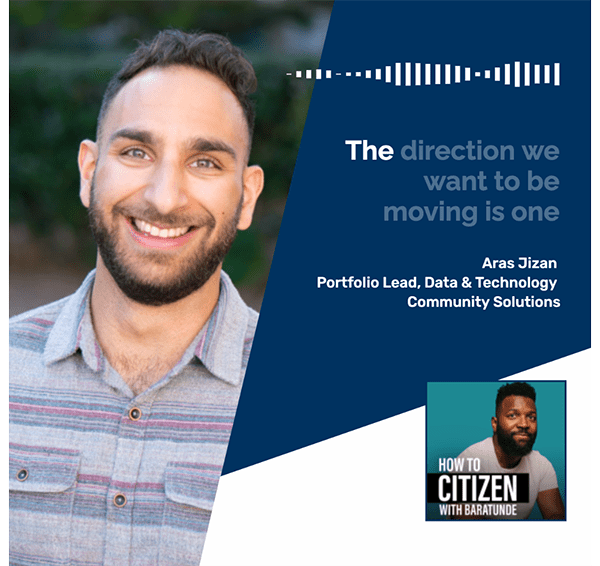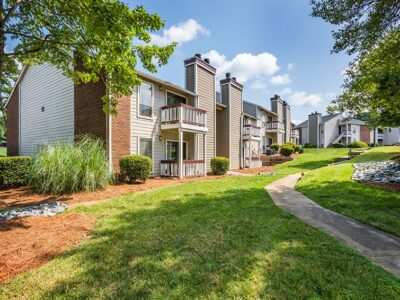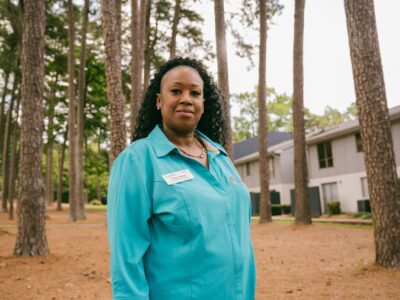Listen to the full episode here:
Aras Jizan has a note stuck to his monitor. It reads: “I’ve seen how many people stay and die on the street because of data management issues, and it’s unacceptable.”
Jizan, who leads the Data and Technology team at Built for Zero, keeps this quote from a homeless response worker front and center as a reminder.
“After having worked in this space for a couple years, what felt true is that people in the field were experiencing data and tech as a barrier to their work and not as a catalyst,” Jizan said. “And that felt bananas.”
At Built for Zero, he has worked to understand how we can flip this dynamic — and seen firsthand how communities are using data and technology as a tool to support their work of ending homelessness.
Jizan recently explored these ideas with Baratunde Thurston on his podcast “How To Citizen.” Thurston is a New York Times’ best-selling author and commentator. His podcast seeks to activate audiences to treat “citizen” as a verb and equips them with tools to tackle societal problems.
So, what does it look like to use data and tech as part of the solution to homelessness? It looks like communities that know each person experiencing homelessness by name and in real time. It looks like communities tracking homelessness data across their entire city and monitoring whether homelessness is reducing at the population level. It looks like being able to stratify this data by race, to make sure groups aren’t being left behind in this system. It looks like monitoring the user experience of someone moving through the homeless response system, and not just the outcome.
Over the course of their conversation, Thurston and Jizan discuss all this, and:
- what it looks like to be part of a community that’s ended homelessness
- how to raise the bar on elected officials’ responses to homelessness
- what you as a citizen can do to be part of the solution to homelessness in your community
Among the highlights from “How to Citizen with Baratunde”:
Pivoting systems from managing homelessness to ending it
Aras Jizan: “There’s this quote that we often talk about: ‘Every system is perfectly designed to achieve the results that it gets.’ .… the thing that [the field has] chosen to prioritize for a long time has been: are we spending money well? And more narrowly than that, are we running effective programs and projects to manage homelessness?
… A lot of our work is designed to help people pivot those systems that are designed to answer one set of questions, to try and solve homelessness and ask and answer the questions needed to do that.”
What it’s like to be in a community that has ended homelessness
Aras Jizan: “What is true in communities that have [reached] functional zero is more and more people feel like they have a role to play in making sure homelessness is ended in their community. It’s not something somebody else is doing. It’s something we are doing collectively. And I think that feels really powerful.”
How data can create accountability for progress on homelessness
Aras Jizan: “When folks start to expect or understand that things can be better, they start to show up in a different way. Whether they’re working in the system, whether they’re an informed citizen in their community, I think starting to do this mindset shift work to say, you know, I expect there to be accountability for a result. I don’t think this is a problem that’s intractable.”
On collective ownership:
Baratunde Thurston: “It’s our responsibility, the way things are. And it’s also our responsibility to change the way things are. And if we can, say ‘we’ more on both sides of those, as opposed to ‘they’ or’ you,’ or just ‘anybody but me.’ That sense of ownership I hope is more empowering. You’ve left me feeling more empowered.”




